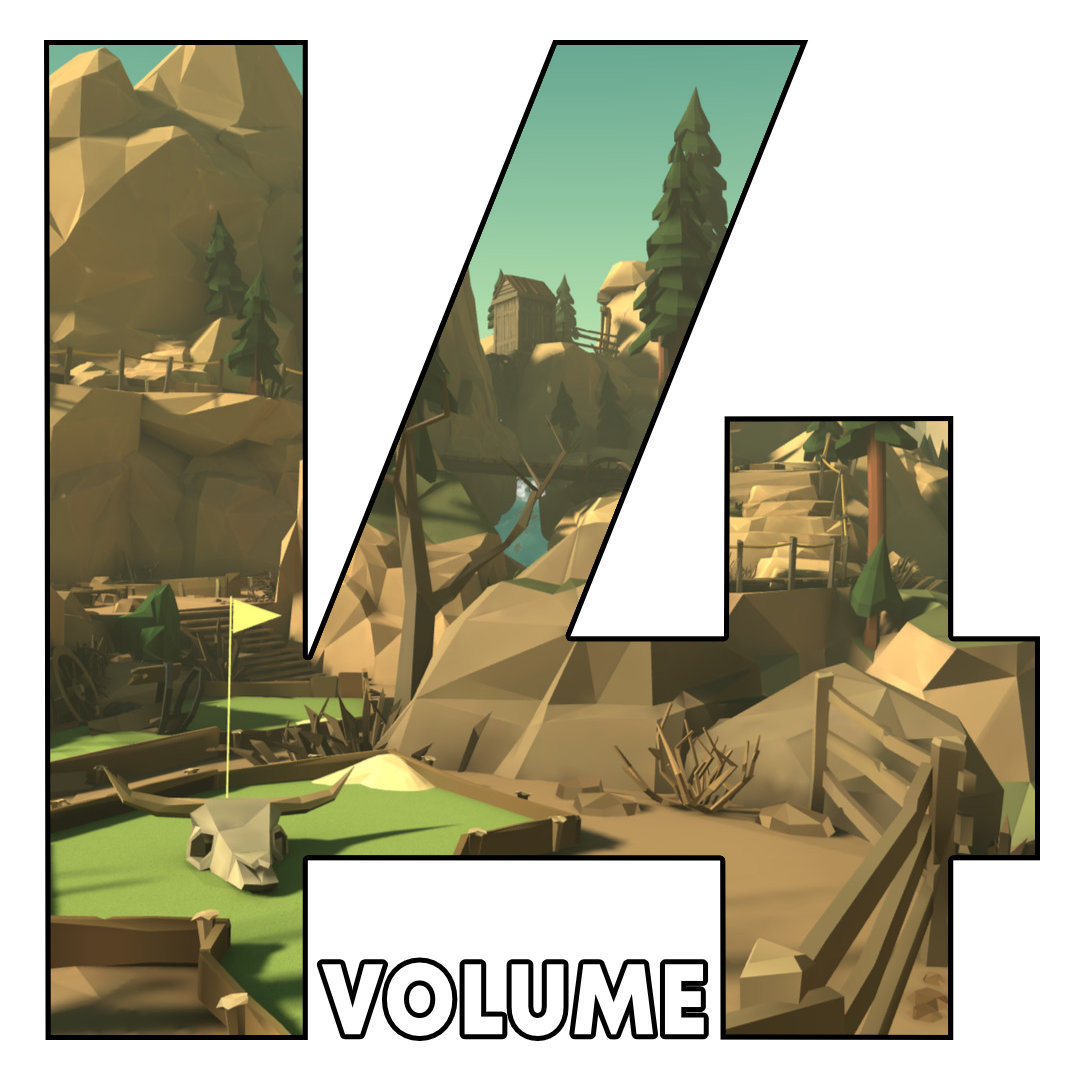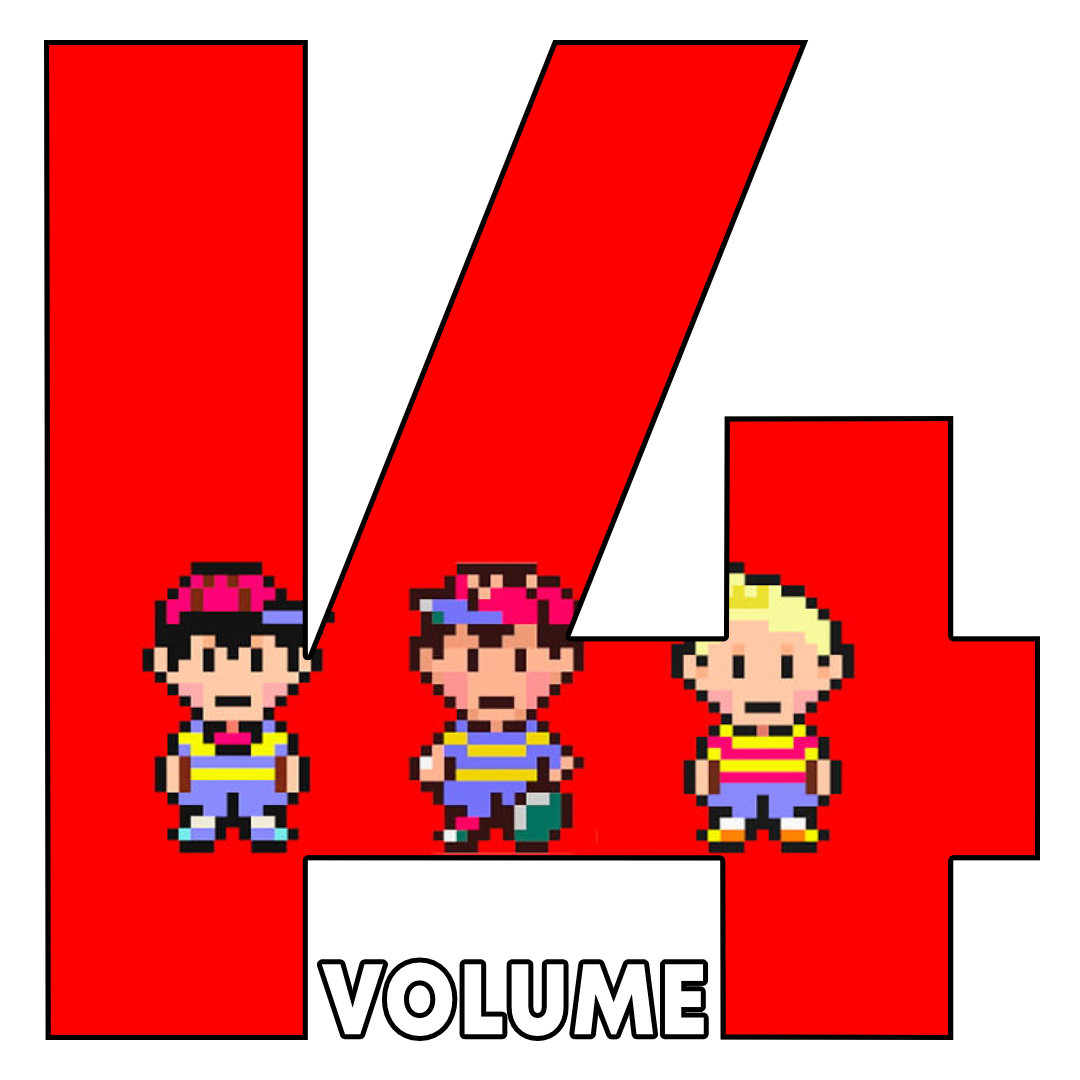
It’s that time of the year once again. Sleigh bells, carols, cheer and festive spirit are forced to share the limelight with all manner of reflections on the past 12 months and what they have held. In the realm of video games this means one thing: lists, and lots of them. Only yesterday I was listening to the first of many ‘Game Of The Year’ podcasts to arrive throughout December. With it came the first surprise; this tubby, feathered martial artist made nary a whisper of Uncharted 3: Drake’s Deception in any category (no complaints here, but a surprise nonetheless).
At the front end of what is sure to be a bumper yield of articles, podcasts, videos and – of course – Twitter conversations, I am not inclined to lay out my own carefully selected cream from this year’s crop. Instead it is the nature of the list, and all that it represents, that is the focus of this article. Variously employed as shortcut to typifying personal tastes of the individual or collating collective opinions of the group, a list can be both blessing and curse. To anyone who prizes the eloquence of the written and spoken word, lists might be maligned as a quick path to traffic-grabbing web content; to those who have spent a year deliberating and processing, the list can provide a dream-like opportunity to sort the menagerie of games that are trampling & scurrying for their place amongst the remembered few.
The over-reliance on list articles is an oft-raised criticism aimed at particular video gaming websites. Though lists can promote discussion of a topic or help to put a recent game or trend in the context of its precedents, it is the relative ease of writing and limited use for such lists that earn them their reputation. Like review scores, lists make for an easily digestible form in which to assess the worth of a game, but too often it is done without satisfactory justification or explanation. Take the entirety of IGN’s “Countdown” section, there’s a Top 100 for everything from Video Game Moments, Villains and NES Games to the Top 100 Pokémon (“how could we possibly whittle the list down to a mere 100?” – how indeed?). Some are the result of reader voting, some the result of hours of editorial discussion, but they are all delivered with an air of authority that, in my opinion, they have not earned.
 As a quick aside, some 5+ years ago I was the
As a quick aside, some 5+ years ago I was the proud owner of more than 1000 DVDs. Like most collectors of… well anything really, many of these I had watched only once and some I had never watched. I avidly kept abreast of upcoming releases and frequently read DVD Review, until I read one of their many ‘100 DVDs You Must Own’ articles and had the audacity to ask “why?”. Why must I own these DVDs? If there is an inherent air of authority to such lists – or at least an implication of their being definitive – then DVD Review went a step further and made the implicit explicit. It may seem a strange thing to have such an averse reaction to, but I promptly started selling my DVDs hand over fist. I don’t think that was the desired effect of the list in question, but it speaks to their divisive nature.
Let’s return to the lists du jour: those that deal with 2011’s Game Of The Year. For the companies and individuals involved in game production this is a chance to be judged against their peers, their competition. But with so many different Game Of The Year lists, whose is most deserving of their attention? And is that even the purpose of such a list? Be it the omission of an apparently worthy contender or the marathon podcast series of Dr Strangelove’s favoured podcasting quintet, veneration and (minor) controversy are sure to follow. Veneration and controversy – two surefire ways to drive readers and listeners to a publication of any kind. A cynic would say that that’s their purpose, I take a more tempered view.
For me, this gauntlet run of appraisal has my mind casting backwards to the pre-riot summer months, specifically July. There was a good week or so when my Twitter feed was aflutter with lists of the “Ultimate” kind. Several people, myself included, were busy compiling and sharing our Top 20 Games Of All Time – the italicised portion was not necessary at the time, but it is added here for clarity. I was so taken with the idea that I catalogued all of the lists in a spreadsheet for posterity. Suddenly we all had windows into the gaming histories of one-another, and it was illuminating. Age, platforms owned and genres favoured were all laid bare, but it was the personal tastes that became most apparent.
As a group, we sixteen had such varying palates that it was tough to discern anything approaching a pattern; the notion of consensus quickly became laughable even with such a comparatively modest cohort. Certain obvious games and series were predictably fairly prominent, but the overwhelming report was one of sixteen people gloriously varied in their shared passion. Many of the lists contained games that few – or in some cases none – of the others had heard of, let alone included in their own lists. This was no tale of the battering dominance of the highly polished and bullishly marketed modern video game.
I considered providing the spreadsheet for perusal, but decided against that notion due to the intricacies of gaining ascent from those included upon it. The second, more pertinent reason for not linking to the sheet in question was the same one that persuaded me to shy away from including my own list – that these lists are not fixed, at least in a couple of ways, they are ever-changing.
As demonstrated by the back and forth to find the “right” place for each game, the validity of each list is so subjective (even to the list’s creator) that it becomes fragile to the touch of the creator’s every insecurity or indecision. Within hours, minutes even, of finalising the games and their placement, the list that for a brief time felt so solid becomes fluid once more, as though moulded from cornflour and water. Every choice made in a passing moment is bound only to that moment. The lists – of course – were accurate, but they were not made to stand scrutiny. On another day, in another mood, I and my fellow scribes would have chosen differently, with a potentially different outcome.
Even ignoring the tint of spectacles worn by the list maker, the lists may not remain intact for long. My own Top 20 list was put together on the 29th July 2011, a mere 3 weeks later it was already obsolete. This was not at the whim of my fancy, but because I had played a game that would upset the natural order of my list. That game, Deus Ex (2000), has since been joined by ICO, Shadow of the Colossus and The Legend of Zelda: Ocarina of Time as a serious contender for a place on my list.
So what of lists? Are they valid? Do they serve a purpose, and if so, what purpose? I would say that every list is as valid as any opinion or collection thereof. My own list is a valid representation of my Top 20 Games Of All Time – on 29th July 2011. That does not preclude it from changing minute-by-minute, or at least once I can add a new treasured experienced at the expense of a slightly older one.
For purpose I need only look at how much I learned about my friends. Take fellow Cane And Rinse contributor, Joshua Garrity; I know from his list that he was the perfect choice to appear on the Shadow of the Colossus episode of the podcast and that he, like me, draws a lot of his gaming experience from the post-2000 period. These lists sparked discussion, raised eyebrows and promoted a sense of camaraderie. We learned more about one-another and that strengthened the bonds between us.
And that’s the crux, taking the effect of this list-writing experience and extrapolating it to a wider context, I can see their purpose and their limits. Any list provides a snapshot, nothing more and nothing less. They are not definitive and should be treated with caution, as should all products of opinion. All are valid, none are absolute.
However, lists can be used to bring people together by promoting discussion and critical appreciation. Whatever the intent of the list, and the degree of explanation or thought behind it, it can be useful. Personally, I prefer to understand the views of the individuals behind a given list so that I may better place it in context with my own opinions. Much like a review, a list can be used to build a picture of a person’s tastes and establish a form of relationship between reader and writer, listener and podcaster. A relationship that can be used to navigate the increasingly busy video game release schedule, or as the basis of dialogue on forums and social networking sites. It is this dialogue that is important to me, so when I consider a list it will be those by people and on sites I know and trust that have the most impact.















Great article James, I myself hate lists as I believe every game should be judged by its own merits and not forced into some sort of regimented framework, For example would you say that number 10 on a top 10 list was any less worthy of your time than number 1?
I’m not against the idea of lists entirely, highlighting the best games off the year or even a given genre is a very important part of the development of the medium but I get board very quickly of “this is the best game of the year” as it tends to be so subjective and personal to both the writer and the individual who consumes the content.
This has to be at LEAST number 2 in my ‘favourite videogame articles I read today, when I should have been doing work’ list 🙂
xxx
Thanks, guys.
I sat down to write something entirely different but felt the urge to discuss what is sure to become a more relevant issue over the next few weeks. Hopefully the article was fairly balanced, but I could not hide my increasing frustration with the over-reliance of some areas of media on cheap and nasty lists for everything from Pokemon to films to whatever Top 100 Channel 4 are dedicating 4 hours of their programming schedule to this week.
Good to know that I struck a chord with this.
Thanks again.
I think the issue is not the mechanism of having a list (as a software engineer, I love lists!), but the definition and criteria for selecting order within the list. Video game preference lists also require knowledge of the author, or audience, who supplied the data.
I actually take a slightly opposing view in that a lot of video game media coverage is bloated, cliched and often jargon-filled drivel. I’ve lost count how many 1000 word reviews I’ve read, that by the end told me nothing: often ending with “If you like this sort of game, you’ll like this…” I would argue most video game reviews are not written with the reader in mind, and tend to be a brain dump by the reviewer to justify a score. For a fine example of game review writing, I’d draw your attention to the Guardian Games blog. The reviews are normally concise, punchy and written in plain English. They’ve even got a 2011 list! http://www.guardian.co.uk/technology/gamesblog/2011/dec/20/top-20-games-of-2011
Lists, however, provide a wonderfully simple mechanism to determine how much value an author places on a game, relative to other games, in a vaguely objective and quantified way. e.g. “I rank this greater than that”. Accompanied by a bit of flavour text, I’d argue they are a much more concise and relevant way to express a game’s value. There are certainly better than review scores, or 1000 word essays.
The principle failure is in defining the list properly: “The best 100 games of all time” is daft – who judges ‘best’; “My favourite 100 games of all time” is entirely justified and quantified (x > y),; “The top 20 games of 2011” is perfectly fine as long as you say what criteria you judge “top” to be – for example it could be ‘most discussed”.
Thanks, Xan. Though it looks like our opinions differ significantly, I think we pretty much agree. A list with authorial intent/clear criteria can be very handy – certainly the lists we put together in the summer fit that bill. It helps that those lists were created by an individual, but it’s some of the lists created by groups/organisations that leave me frustrated.
Understanding the criteria and the decision making process is really important to me – easy for a “my favourite games list”, but that’s not always the case. Take that Top 100 Pokemon list on IGN; it was voted for by the site’s readers, but I don’t know the voting system used and have no appreciation for what the list means or why it should be useful to me.
In stark contrast, the criteria and process used to shortlist for the Ninja Fat Pigeons’ award show was made very clear. The choices you made during the show allowed your listeners to learn about you as individuals and the community as a group. If only all lists were as interesting and entertaining.
As to your concern about reviews, I really do agree. “Review” gives the implication of being both critical assessment and buyer’s guide, not just an opinion article (Brad Gallaway has written recently on this very matter). The last review I wrote caused me a real internal struggle – how to form my opinion into something useful for a reader. That was nearly a year ago and I still haven’t figured it out to my satisfaction.
As always, it’s a pleasure to have such thought provoking responses from people taking time to read what I’ve written. Thank you.